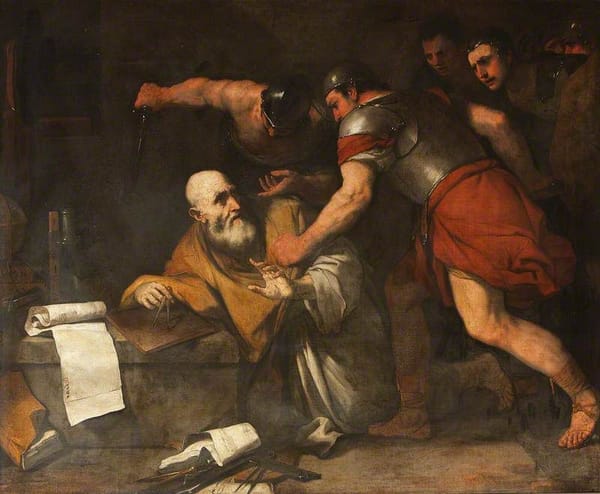Verbs

Verbs are another of the basic building blocks of languages. They are used to tell the reader about what something does.
Verb Parts
- Infinitive
- For example, "to walk"
- An infinitive has the word "to + a verb"
- Present
- For example, "walk(s)".
- A present verb differs in the first, second, and third persons and in how many people are doing it, e.g. "they walk", "he walks".
- Past
- For example, "walked".
- Present Participle
- For example, "He is walking".
- The present participle form of a verb is "verb + -ing".
- Past Participle
- For example, "He walked"
- The past participle form can have "verb + ed", "verb + en", or "verb + t", depending on the original verb.
Verb types
- Transitive
- For example: "Hamlet stabbed his uncle"
- A transitive verb transfers the action (stabbed) from the subject Hamlet to the object uncle.
- Intransitive
- For example: "Hamlet wept"
- An intransitive verb does not transfer the action to an object. In this case, there is no object, so wept is an intransitive verb.
- Linking verb
- For example: "Hamlet feels depressed"
- A linking verb joins two words together to provide us with more information about the subject.
- Helper Verbs
- For example: "Hamlet is dancing on his uncle's grave"
- A helper verb helps another verb show existence. In this example, is helps dancing.
Verb Attributes
- Person
- The person of a verb is the perspective the verb is spoken in. There are three possible perspectives: first (I, we), second (you), and third (he, she, it, they) persons.
- Number
- The number of a verb is either singular or plural. It is how many of the verb is being done, e.g. he runs (one person) and they run (more than one person)
- Voice
- The voice of a verb can be active or passive. In active voice, the subject performs the action (Hamlet was doing backflips). In passive voice, the subject is receiving the action (The backflips were done by Hamlet).
Verb Moods
- Indicative
- For example: "Hamlet runs toward the castle." or "Is Hamlet running toward the castle?"
- Imperative
- For example: "Go to England, Hamlet."
- Subjunctive
- For example: "If Hamlet were sane, he would not move his mouth like a fish."
- Infinitive
- For example: "'To be or not to be', Hamlet utters in a deep, menacing tone."
Verb Tenses
- Simple
- Past: "Hamlet ran."
- Present: "Hamlet runs."
- Future: "Hamlet will run."
- Progressive
- Past: "Hamlet had run."
- Present: "Hamlet has run."
- Future: "Hamlet will have run."
- Perfect
- Past: "Hamlet was running."
- Present: "Hamlet is running."
- Future: "Hamlet will be running."
- Perfect Progressive
- Past: "Hamlet had been running."
- Present: "Hamlet has been running."
- Future: "Hamlet will have been running."




